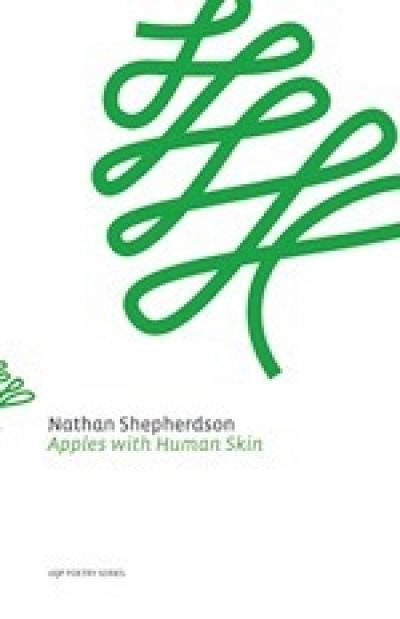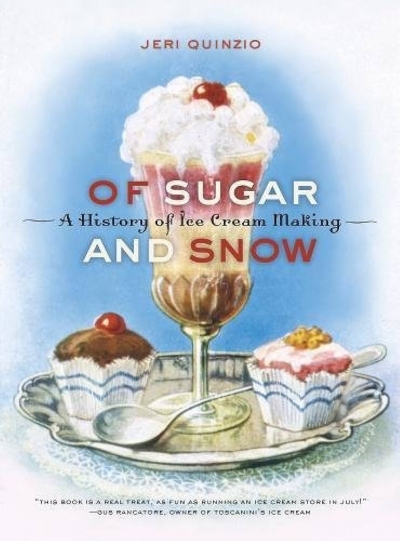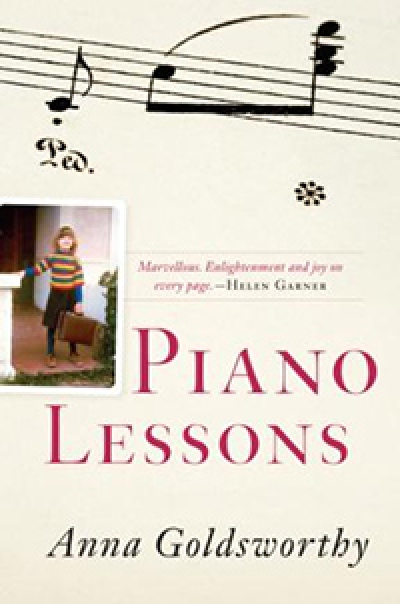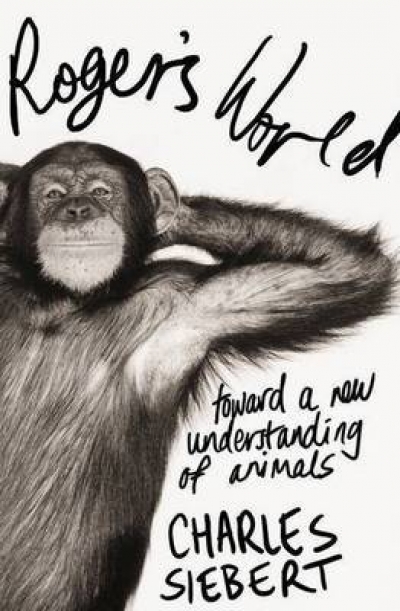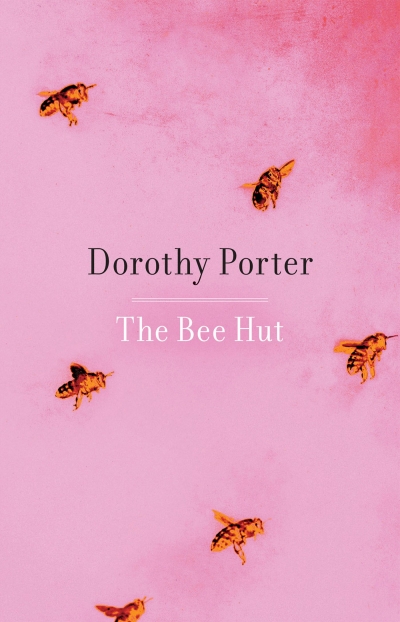Review
Of Sugar and Snow: The History of ice cream making by Jeri Quinzio
by Gay Bilson •
In Search of Civilization: Remaking a tarnished idea by John Armstrong
by Tamas Pataki •
Roger’s World: Toward a new understanding of animals by Charles Siebert
by Kathleen Steele •
Shattered Anzacs: Living with the scars of war by Marina Larsson
by Peter Pierce •

